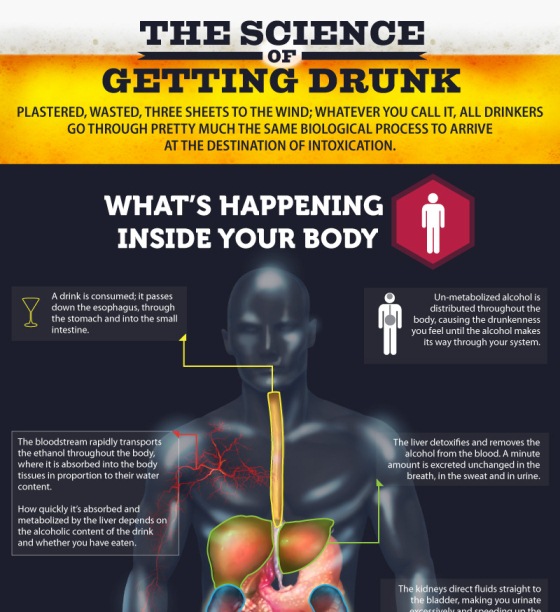Uncover the fascinating science behind intoxication and learn the precise number of beers it takes to get drunk. Dive in!

Image courtesy of Anete Lusina via Pexels
Table of Contents
When it comes to alcohol consumption, one common question that arises is: how many beers does it take to get drunk? The answer to this question is not as straightforward as it may seem. To truly understand the factors that influence intoxication levels, we need to delve into the science behind alcohol metabolism, individual tolerance levels, and various other factors that play a role in determining how drunk you may feel after consuming alcohol.
Understanding Alcohol Metabolism
Alcohol metabolism primarily occurs in the liver, where enzymes work to break down the alcohol in your system. When you consume beer or any other alcoholic beverage, the ethanol in the drink is absorbed into your bloodstream through the stomach and small intestine. From there, it enters the liver where it is metabolized into acetaldehyde and then further broken down into acetate and eventually water and carbon dioxide.
The rate at which alcohol is metabolized in the body can vary depending on a number of factors. One key factor is the presence of alcohol dehydrogenase (ADH) enzymes in the liver, which are responsible for converting ethanol into acetaldehyde. The activity of these enzymes can be influenced by genetic factors as well as the individual’s overall health and liver function.
Individual Tolerance Levels
Another important factor to consider when determining how many beers it takes to get drunk is an individual’s tolerance level. Tolerance refers to the body’s ability to adapt to the effects of alcohol over time. Individuals who drink regularly may develop a higher tolerance to alcohol, meaning they may need to consume more alcohol to feel the same level of intoxication as someone with lower tolerance.
Factors that can influence an individual’s tolerance to alcohol include body weight, gender, age, metabolism rate, overall health, and even the presence of food in the stomach. It’s important to remember that tolerance is not a fixed measure and can change over time based on drinking habits and lifestyle choices.
Various Factors Influencing Intoxication
While the number of beers it takes to get drunk can vary from person to person, there are several other factors that can also influence intoxication levels. Some of these factors include the alcohol by volume (ABV) of the beer consumed, the speed at which the alcohol is consumed, hydration levels, and any medications or substances that may interact with alcohol.

Image courtesy of via Google Images
It’s important to note that intoxication is not solely determined by the number of drinks consumed but also by the rate at which alcohol is metabolized in the body. Factors such as stress, fatigue, and emotional state can also impact how alcohol affects an individual.
Conclusion
In conclusion, the question of how many beers it takes to get drunk is a complex one that cannot be answered definitively. The science behind alcohol metabolism, individual tolerance levels, and various other factors all play a role in determining how alcohol affects the body.
As with any substance, it’s important to drink responsibly and know your limits. Understanding the factors that influence intoxication levels can help individuals make informed decisions about their alcohol consumption and prioritize their health and safety.
FAQ
How many beers does it take to get drunk?
The number of beers needed to get drunk varies depending on factors such as body weight, tolerance levels, and metabolism. It’s not a one-size-fits-all answer.
Can I build up a tolerance to alcohol?
Yes, regular alcohol consumption can lead to a higher tolerance level, requiring you to drink more to feel intoxicated.
What other factors influence intoxication levels?
Alcohol by volume (ABV), speed of consumption, hydration, medications, and emotional state all play a role in how alcohol affects you.
How can I drink responsibly?
Know your limits, stay hydrated, pace yourself, and never drink and drive. Understanding the science behind intoxication can help you make informed choices about alcohol consumption.
Generated by Texta.ai Blog Automation
Leave a Reply